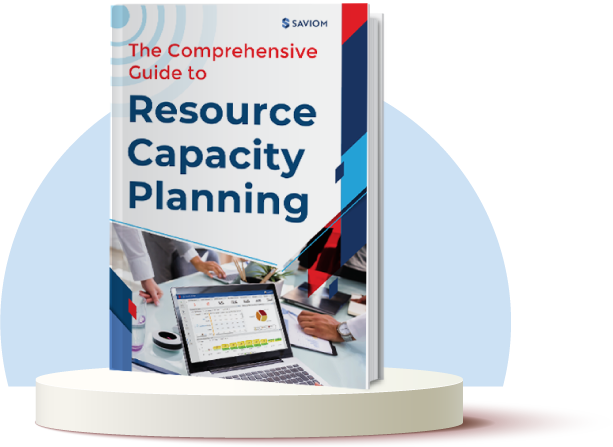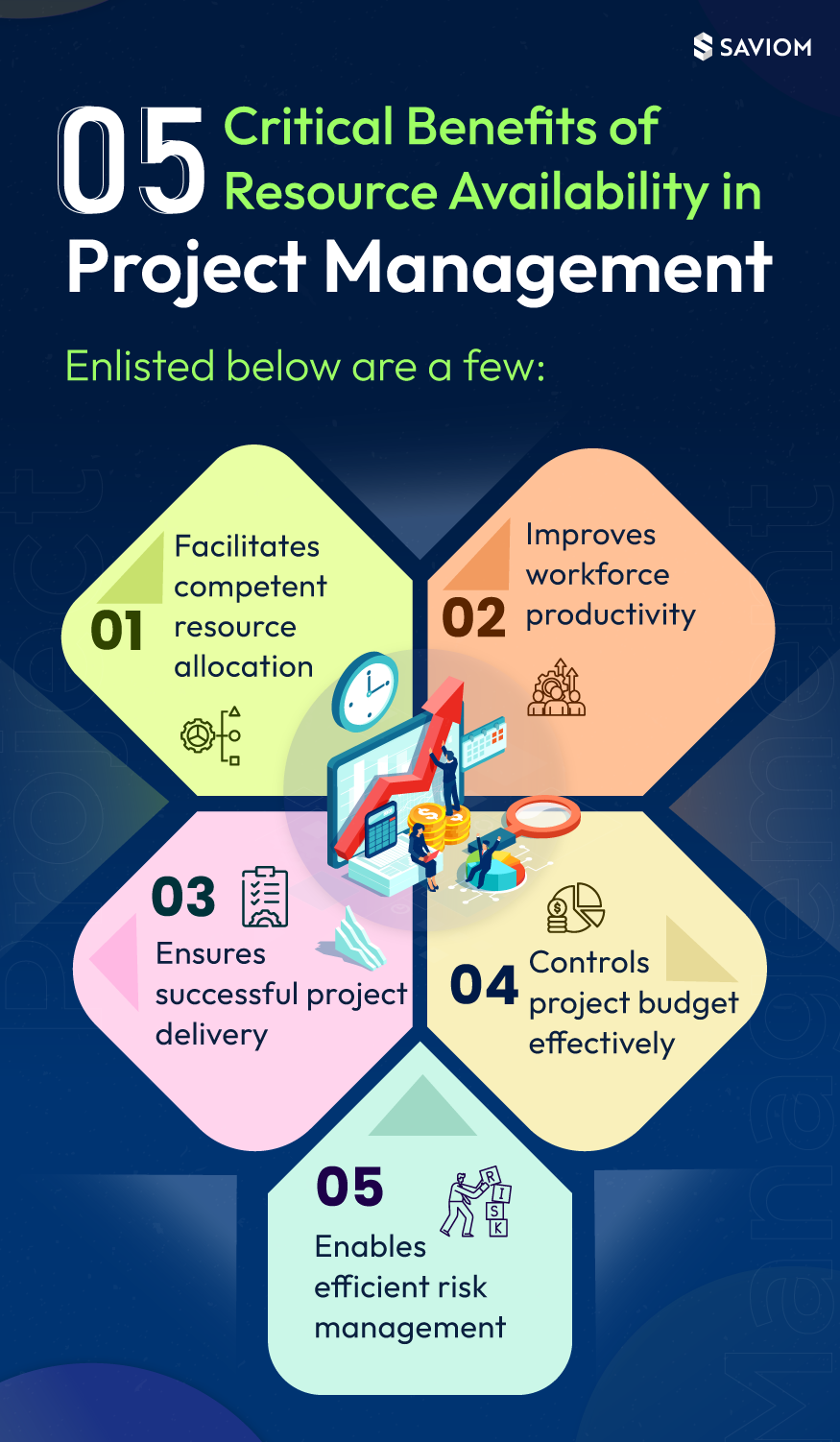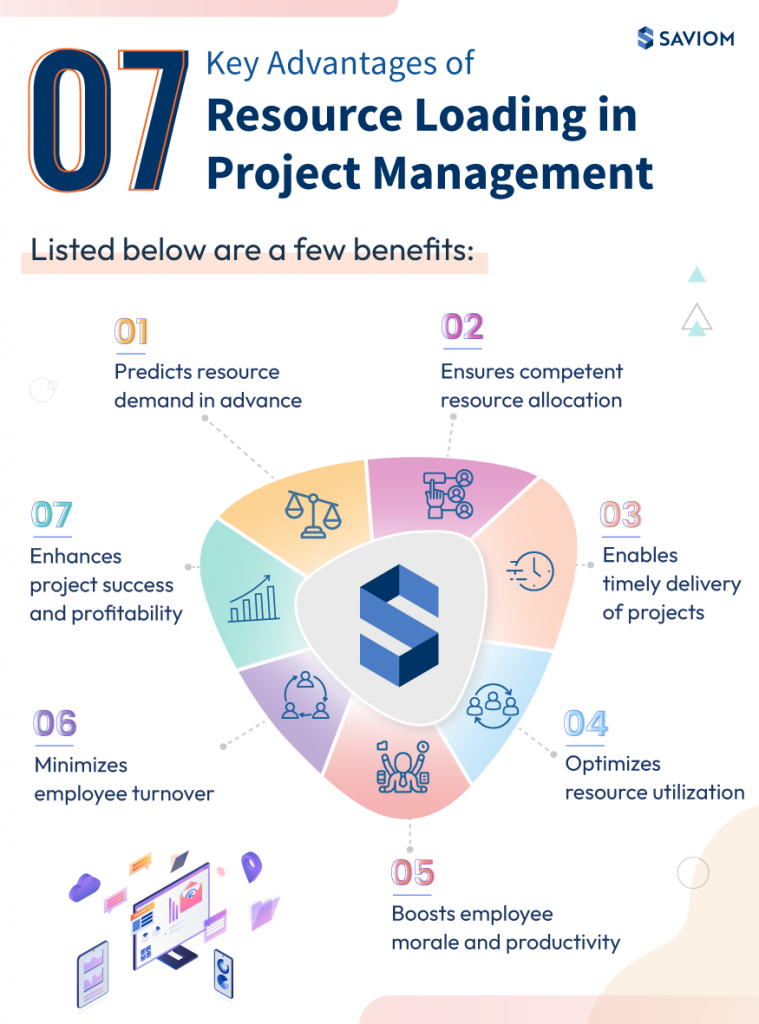“That was the best manager I’ve ever had!”
Most of us might have either said or heard this statement at some point in our career.
Well, it brings forth the question- Out of all the project managers you have worked with, why do only some of them stand out or leave an everlasting impression? Or what distinguishes outstanding managers from the average ones?
Every manager has a unique personality and management style that influences team dynamics differently.
So, are you intrigued to know these personality types, or which category defines your innate management style? This interesting article highlights the working style of different project managers so you can assess yourself and see which one you are!
But first, let’s look at some essential soft skills that every project manager should possess.
Critical soft skills of project manager
Apart from technical skills, project managers need some vital soft skills that enable them to work efficiently with their team. Some of those are listed below.
Communication and negotiation skills
Effective communication skills are essential for sharing information with precision. It enables project managers to explain roles and responsibilities and give direction to their team with absolute clarity. Furthermore, negotiation skills allow them to effectively deal with stakeholders, resource managers, and other executives.
For example, sudden changes in the project scope will affect the project schedule, budget, costs, resource allocation, etc. Therefore, project managers must effectively negotiate with clients to find common ground and incorporate only feasible changes.
Creativity and innovation
Every project an organization undertakes is unique. To meet its goals, project managers need to think creatively and develop an innovative plan that helps in successful completion and delivery.
Creativity and innovation skills also become essential to mitigate specific issues and problems. These skills enable managers to think out of the box and propose new ideas by looking beyond established practices and seeking simple, focused solutions to real problems.
Problem-solving and decision-making skills
Project management is complex and fraught with issues. Therefore, managers need strong problem-solving and decision-making skills to resolve conflicts and other project-related problems sensibly and fairly.
Often team members are from diverse backgrounds, cultures, competencies, and qualifications. As a result, if two team members have different viewpoints on any project activities, rest assured that there will be some disputes. In this scenario, project managers have to intervene, understand the different perspectives, and make sound decisions to resolve the dispute.
Critical thinking & organization skills
Budget overruns and missed deadlines are sometimes inevitable in project execution. So, what should project managers do in a situation like this? Here, critical thinking and organization skills will come into play to overcome these issues and ensure project success.
Project managers can look into the various data-driven reports like forecast vs. actual to identify the loopholes and other variances. Then, they use their critical thinking and analytical skills to develop a mitigation plan. Finally, they can prioritize tasks using their organizational skills to bring the project back on track and eliminate further bottlenecks.
Leadership and motivational skills
Low productivity occurs due to heavy workload, lack of recognition, micromanagement, disengagement, favoritism, etc. When employees are disengaged and lack the motivation to work, the onus is on the manager to lead by example and provide sufficient support and guidance.
This will make employees feel valued and share their challenges and issues more openly with project managers. In addition, leaders need motivational skills to boost their teams’ morale and enhance their performance.
These skills are the prerequisites that define different personality types. Each of them is a blend of different skills. For example, one skill can be dominant while others will be recessive. Let’s take a look at them.
7 personality types of project managers
Every manager has a personality type that makes them different from others. Below are some common ones that you’ll witness in project managers.
The perfectionist
Are you a project manager who leaves no stone unturned to ensure successful delivery? Are you aware of the minutest details of the project, from its best parts to minor imperfections? Do you also spot issues in anything and everything and want the project to be done in a particular manner? If yes, then you certainly are a perfectionist.
Perfectionists closely analyze the project progress and oversee everything. Such a manager would possess exceptional critical thinking and organizational skills. But, with an underlying trait of not being able to overlook even a minor error, perfectionists are also borderline micromanagers and direct the team to accomplish the task in a certain way.
The frontrunner
Imagine a situation where a project needs a new execution model, and if done correctly, it will bring in higher ROI for the company. So, the project demands you to be creative and take a different approach to its execution. If you are willing to go the extra mile to achieve the desired result, you are the frontrunner.
These managers are creative and innovative as they look beyond the standard practices and bring out-of-the-box ideas to the table. Moreover, they lead by example and encourage their team to be innovative. In addition, they are also excellent problem solvers who can come up with unique ways to resolve issues.
The superhero
When we say superheroes, what’s the first image that comes to your mind? Certainly, someone who saves the day!
Suppose, midway through the project progression, you are witnessing a sudden slump in employee productivity and engagement. There is a lack of internal team synergy and a rise in conflicts. In this scenario, if you communicate with employees to find the root cause of these issues and try to resolve them, you are a superhero/savior.
As we mentioned, superheroes come to save the day; in this case, they keep the project from failure and employees from disengagement. They have exemplary problem-solving and motivational skills. They ensure that the project is completed without any hiccups while maintaining the workforce health index.
The dictator
Do you want your team members to be well disciplined and want work to be done conventionally without chaos or errors? In other words, are you someone who believes in all work, no play policy? Do you also monitor every aspect of the project and how employees complete a task? If all of it is true, you have the dictator personality type.
Dictators are micromanagers who look into tasks at a granular level, and even when tasks are delegated, they closely monitor and check the progress. They give a greater emphasis to objective and logical information and do not tend to innovate as much. Additionally, they do not consider others’ opinions and emotions while making decisions.
The balance beam
Rather than dictating every aspect of a project, if you are someone who trusts their employees’ skills and expertise and delegates tasks to them, then you are the balance beam. Instead of monitoring every nitty-gritty, the balance beam type of project manager entrusts their team and focuses on more critical tasks.
These managers have excellent decision-making and task management skills and build strong relationships with employees. They form the perfect balance between micromanaging and mentoring. They lead by example, entrust the team with respective activities by providing them autonomy, and at the same time monitor the tasks as and when necessary.
The mentor
How do you deal with employees who seek advice regarding the project or industry? Do you try your best to clarify their doubts and guide them through? If you are willing to share your expertise with your team members and aid them in their career progression, you have the mentor personality type.
Mentors are excellent teachers with exceptional soft skills and industrial knowledge, leading the team more efficiently. In addition, since they work well with a team, they improve the camaraderie between employees, thus enhancing collaboration.
The prudent
When you receive a project, how do you plan its execution? Do you envision an execution strategy with every project detail and formulate a backup plan or a Plan B if the initial one does not work out? If you follow these steps, then you are a prudent manager.
They have outstanding organizational skills and can develop contingency plans to mitigate unexpected risks. In addition, they know everything related to the project and have it at their fingertips.
So far, we have discussed the varied categories of project manager personalities, but how do these personality types influence the workforce?
Let’s take a look:
How does personality type affect team dynamics?
Project managers work closely with resources at every phase of the project lifecycle. They are also responsible for influencing how their team members operate and work on a project. Moreover, each personality type discussed above impacts the team in varied manners.
For instance, the perfectionist and the dictator type of project managers are micro-managers who tend to control and monitor minor details of the members’ working process and influence the output. Unfortunately, their overinvolvement affects employees’ creativity and autonomy, leading to disengagement and low productivity.
On the other hand, the prudent and frontrunner project managers are exceptional planners who consider employees’ opinions. As a result, they provide more autonomy to their team members, help them experiment with ideas, and enhance team members’ accountability.
In addition, they are also excellent problem solvers since they understand different perspectives and form unique strategies to resolve the issues. However, sometimes leaving the team members on their own can do more harm than good. Without a little hand-holding at the beginning or less monitoring, the project can deviate.
The super-hero, balance beam, and mentor will have a strong rapport with the employees. But the critical difference lies in how they have solidified their relationship with employees. The mentor functions as a knowledge hub that guides employees to develop their strengths and overcome their weaknesses. The balance beam provides hands-on experience for employees by enabling them to work on tasks that suit their skills. Finally, super-hero comes into the picture when employees face an issue and help them resolve it.
These are the ways in which project managers impact the workforce. So now, let’s understand what personality type is the best for an organization and its workforce?
The final verdict
The blog has discussed the various types of project manager personality types and their impact on the workforce. However, there is no perfect or right or wrong personality type.
An ideal project manager would be the right blend of all the aforementioned personalities, depending on the situation. For example, though a dictator is strict with their workforce, at times, it is essential to ensure that a project is completed without any trouble. The same goes for other types of personalities.
What is your personality type?
The Glossary
The SAVIOM Solution
SAVIOM is the market leader in offering the most powerful and configurable solutions for managing enterprise resources efficiently and effectively. Having more than 20 years of experience, this Australian-based MNC has a global presence in over 50 countries. It is also popular with more than 100 customers and helps them achieve their business goals. SAVIOM also has products for project portfolio management, professional service automation, and workforce planning software which can be easily customized as per business requirements.















